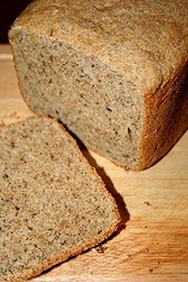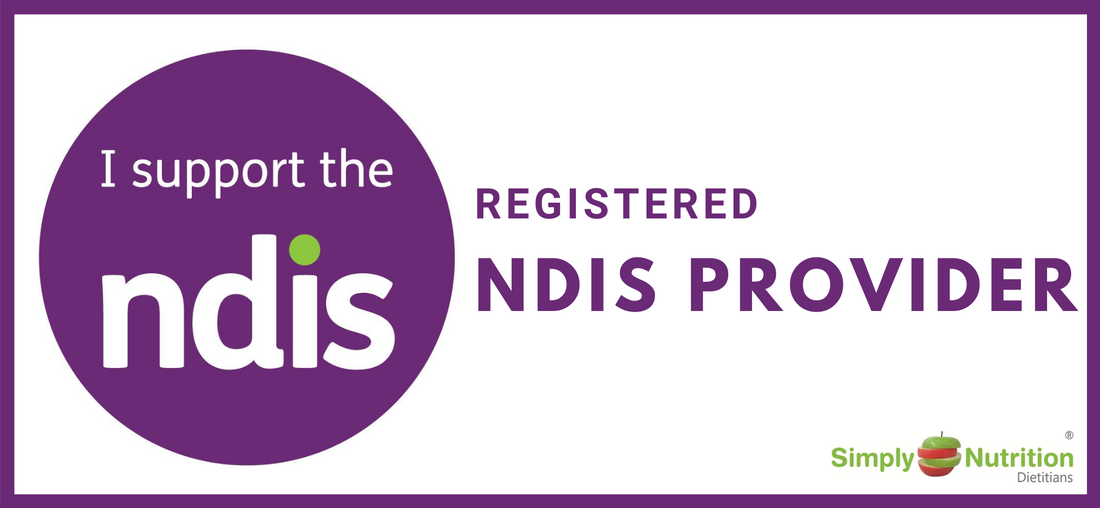 Carbohydrates are often blamed for a number of conditions including overweight and obesity. In truth, carbohydrates are actually very healthy and our body needs a certain amount of carbohydrates everyday to function effectively - carbohydrates provide the only source of fuel to a number of vital organs including the brain and the central nervous system. Carbohydrates and a Healthy Body Weight: Weight gain or weight loss all comes down to an energy balance. If your body is receiving more energy than it is using - weight gain will result. If your body is receiving less energy than it is using - weight loss will occur. Energy In (Food) is more than Energy Out (Exercise) = Weight Gain Energy In (Food) is less than Energy Out (Exercise) = Weight Loss Carbohydrates are sometimes said to be a cause of weight gain (or an inability to lose weight), whereas in reality, it is the overall calorie intake (our ‘energy in’) that is the key dietary consideration for weight loss (or preventing wt gain). In other words, weight gain comes from too many kilojoules (or calories), which can come from carbohydrate, fat or protein sources. The following lists explain the amount of kilojoules (or calories) that we get from various components of our diet: Macronutrient Kilojoules per gram Fat : 37 (9 cal) Alcohol : 29 (7 cal) Protein : 17 (4 cal) Carbohydrates : 6 (4 cal) Carbohydrates actually have the least amount of calories per gram! This shows us that it is much easier to eat more kilojoules or calories if we eat higher amounts of fat and alcohol rather than carbohydrates! Ok, so if carbs are so good for you, why do Low Carbohydrate Diets work? Although the claims might sound convincing (and you may have even had some weight loss with low carb diets) - there is no evidence that low carbohydrate diets are more effective than high carbohydrate diets for long-term weight loss. In the short term, low-carbohydrate diets may cause weight loss because by cutting out carbohydrates you are cutting out food (and in doing so, reducing your overall energy or calorie intake). As well as this, if you stop eating carbohydrates, your body will use its stored carbohydrates (called glycogen) for fuel. A large amount of water is needed to release glycogen from storage - which means that most of the rapid weight loss that occurs with a carbohydrate-restricted diet is actually from losing water - not fat. What are the negative effects of avoiding carbohydrates? Yes, that’s right, you might actually be doing more harm than good by following a low carbohydrate diet. Low carbohydrate diets can lead to a restriction of healthy foods (such as wholegrains), which are importance sources of vital nutrients. Low carbohydrate diets tend to be higher in fat - these diets can increase your risk of cardiovascular disease and may also be low in Vitamin E, Vitamin A, thiamine, B6, folate, calcium, magnesium, iron, potassium and dietary fibre! Common side effects of low carbohydrate diets include constipation, bad breath, headaches and fatigue - these unpleasant effects mean that people have trouble sticking with low carbohydrate diets for very long! Because most people have more difficulty maintaining weight loss, than they do in losing weight, it is important that any diet is sustainable in the long-term. A diet that is moderate in carbohydrates, fat and protein (in other words, a healthy, balanced diet) is usually much easier to maintain. So are carbohydrates a friend or a foe? A friend! But remember that too many calories from any of our macronutrients (carbohydrates, fat or protein) will result in weight gain! The best way to lose weight and keep it off is by a reduced-calorie diet with plenty of fruit, vegetables, whole grains, legumes and low-fat dairy products, along with daily exercise. References provided on request.
0 Comments
Your comment will be posted after it is approved.
Leave a Reply. |
Categories
All
Archives
October 2017
|
Ph: 1300 380 694 |
Fx: 07 3547 8449 |
Copyright © 2010-2024 - Simply Health Group t/a Simply Nutrition Dietitians & Simply Engage Occupational Therapy
Sunshine Coast | Caboolture | Brisbane | Gympie | Ipswich | Australia
Sunshine Coast | Caboolture | Brisbane | Gympie | Ipswich | Australia

 RSS Feed
RSS Feed
